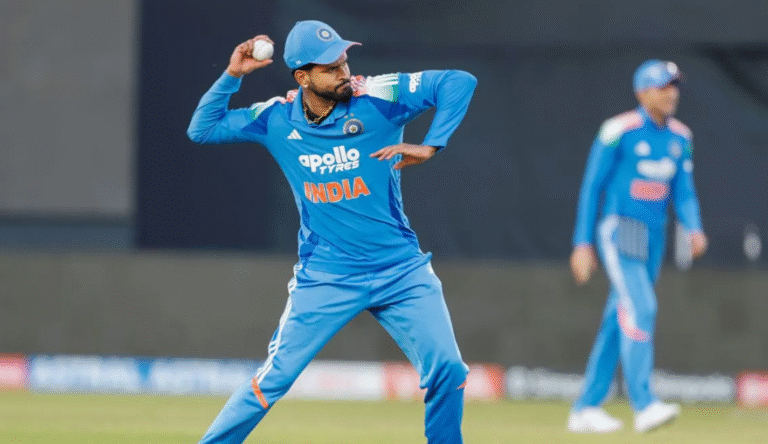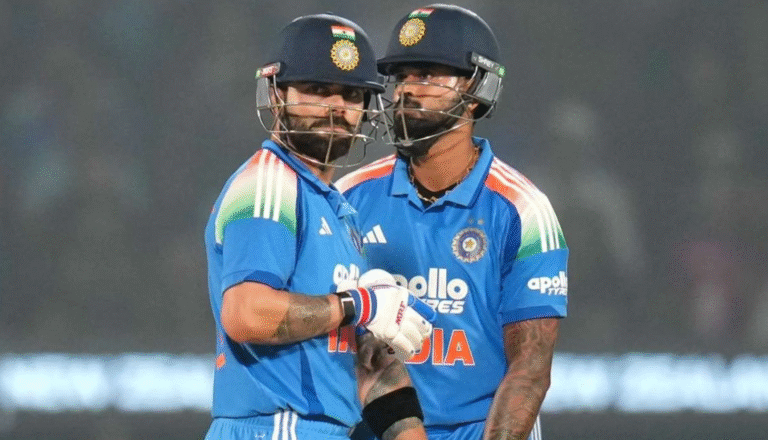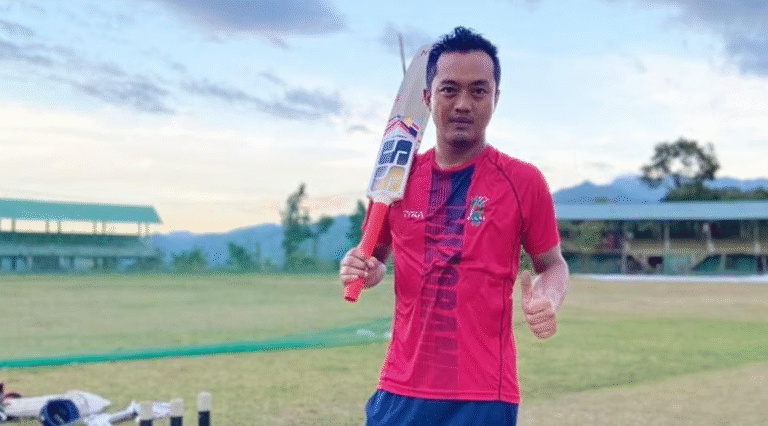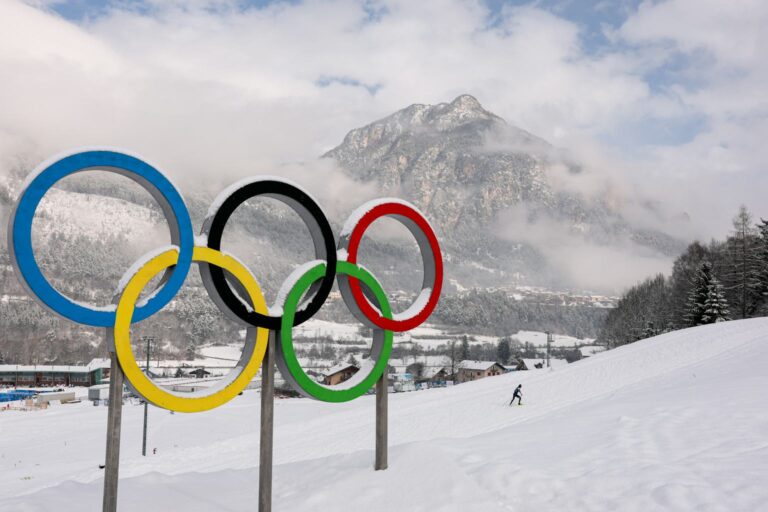
The Pakistan Super League (PSL) is facing serious disruption as cross-border tensions force the PCB to remove Indian broadcast crew and as Fancode bans PSL content in India

The Pakistan Super League (PSL), one of South Asia’s most-watched cricket leagues, has suffered a major operational blow in the wake of rising India-Pakistan tensions following the recent Pahalgam terror attack in Jammu and Kashmir. With diplomatic relations strained, the Pakistan Cricket Board (PCB) has begun replacing over two dozen Indian nationals from its production and broadcast team, disrupting the technical infrastructure crucial to the tournament’s global reach.
Until now, FanCode was showing all the PSL games live in India. But now, reports say that the rest of the matches won’t be available to watch in the country, which could lead to a big drop in the league’s online audience.
A source quoted by the Press Trust of India (PTI) revealed that the PCB has initiated emergency protocols to phase out Indian professionals who were essential to the PSL’s seamless broadcast. The broadcast team, which includes engineers, production managers, cameramen, and player-tracking experts, has played a key role in delivering high-quality PSL content to viewers worldwide.
“Since more than two dozen of the PSL’s production and broadcast crew included Indian nationals, steps are being taken to replace them,” a senior PCB source told PTI.
The disruption comes at a crucial time during the tournament, as broadcast quality and viewer experience are central to sponsorship, advertising revenue, and international coverage. Industry insiders suggest that the sudden replacement of experienced Indian technicians could lead to a drop in production standards and delay in live match feeds.
Adding to the challenges, Fancode, one of the prominent digital streaming platforms in India, has taken down all PSL-related content. As of Thursday morning, PSL matches were no longer available on the platform, with a blank error message displayed in place of previously available streams.
After the attack, the Pakistan Cricket Board (PCB) faced a big problem. As per news reports, FanCode has chosen to stop showing live streaming of the ‘Pakistan Super League’ (PSL 2025) in India from April 24. This move is being viewed as a serious setback for the PCB.
The removal follows the Indian government’s directive advising platforms to halt PSL coverage, amid growing national sentiment following the Pahalgam attack, which claimed several lives. The attack, allegedly orchestrated by Pakistan-based elements, has escalated diplomatic and social unrest, casting a shadow on bilateral sports and media partnerships.
In a significant development, Pakistan’s National Security Council (NSC) convened an emergency meeting in Islamabad, ordering all Indian nationals currently in Pakistan to leave the country within the next 48 hours. The directive includes all Indian technical staff working on PSL broadcasts. Until their departure, the personnel have been instructed to restrict their movement for security reasons.
While the PCB is working urgently with its broadcast partner conglomerate to fill the sudden void, the absence of trained professionals could result in disrupted match coverage, especially for high-profile playoff games that attract global audiences. The board is reportedly in talks with alternative vendors in the UAE and South Africa to secure backup personnel.
The setback raises questions about the future of the PSL, especially in markets like India, where cricket viewership forms a substantial portion of the global audience. The ban by Fancode marks a significant commercial loss, considering India’s massive cricket-consuming population.
Conclusion
The ongoing geopolitical crisis between India and Pakistan has once again spilled into the realm of sports, with the Pakistan Super League caught in the crossfire. With Indian crew members exiting and PSL streams being blocked in India, the tournament faces an uncertain future. As the PCB scrambles to maintain broadcast standards and restore viewer trust, the larger concern remains — how sustainable is cross-border collaboration in sports amid persistent political instability?
Follow BiggSports News for more updates and Infos……………………………….✔🔋





